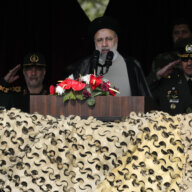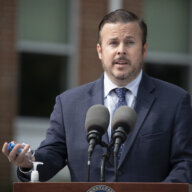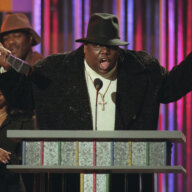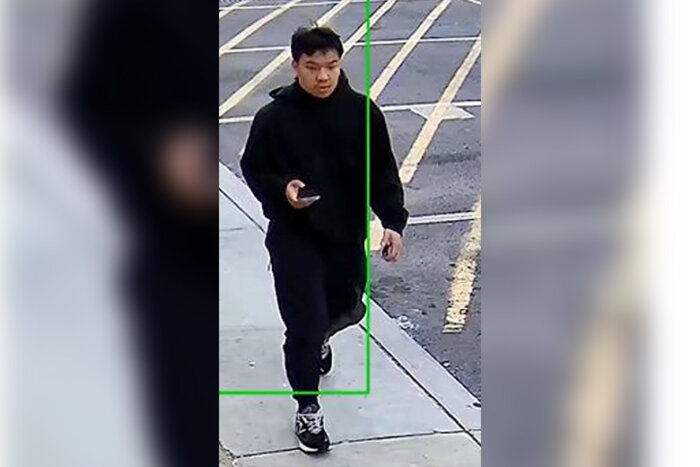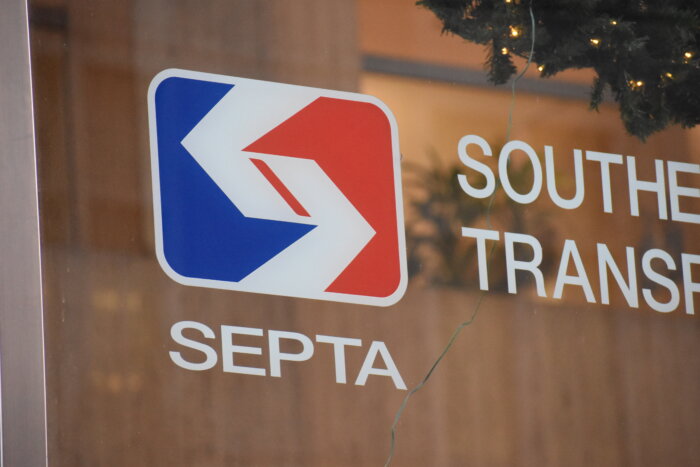A release reports that the American Journal of Public Health published a study revealing that Philly’s new tobacco license regulations have decreased tobacco retailer density by 20 percent.
The study shared that the initiative resulted in 659 fewer licensed tobacco retailers in the city.
The Board of Health passed the new tobacco retailer density regulations in December 2016, according to a release. The regulations included four limits on the permits, and did include some grandfathering as well.
A release states that below are the four limits on permits placed on tobacco retailer:
- A new density cap of 1 tobacco permit per 1,000 daytime population for each of the 18 city planning districts.
- Smoke-free school zones that prohibit new tobacco retailers within 500 feet of school property.
- An increase in the licensing fee from $50 to $300 to fund the compliance program.
- Loss of tobacco sales privileges for repeated youth sales violations.
In Philly, lower-income neighborhoods had a higher density of tobacco retailers than wealthier neighborhoods.
Dr. Hannah Lawman, Director of Research and Evaluation for the Division of Chronic Disease and Injury Prevention at the Philadelphia Department of Public Health, said in a release, “This amounts to over 650 fewer places allowed to sell tobacco. This is impressive and incredibly important for Philadelphia’s health, especially for low-income neighborhoods that are disproportionately affected from tobacco being everywhere.”
Dr. Lawman is also the study’s lead author.
The study also shared that 84,000 young people from over 200 schools had less exposure to tobacco after the 500-foot smoke-free school zones were put in place. This study is the first to look at the impact of tobacco density and school zone restrictions. The data can help other cities that are considering doing the same.
It was reported that Philly has the highest level of smoking among the country’s ten largest cities. The study says that tobacco is responsible for over 3,500 Philly deaths per year.











